Read about our public research projects here!
Publicly funded research projects are always clearly separate from our other activities by being separately reported in our financial accounting according to demands from funding organizations and to law towards The Swedish Tax Agency for salary- and employer costs.
Robotic Olfactometry for Security and Defense Applications
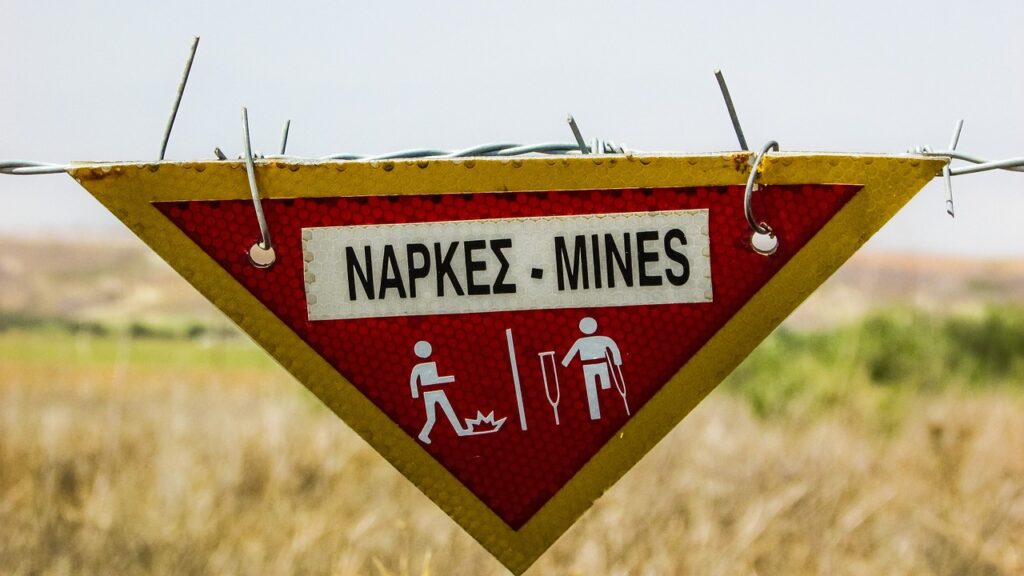
The purpose and objective of this project is to integrate a newly developed technology for detecting toxins and explosives in the air with our recently completed civilian robotic technology for chemical air monitoring, adapting it for defense applications. The demonstrated air monitoring technology can be succinctly described as a kind of cloud-based “sense of smell” that collects data via chemical monitoring robots placed at various locations to generate real-time scent maps for threat tracking and detection.
The project aims to enhance the capability to detect relevant substances, such as explosives and toxins, for defense purposes by embedding a new type of detection principle into the civilian gas and air robot, Gaston, launched in 2024 for industrial emissions. The new robot’s ability to track and identify various substances is expected to improve significantly compared to previous models, even though Gaston’s current market services are already impressive, offering features such as scent tracking and real-time response maps.
The project is funded by Sweden´s Innovation Agency (Vinnova) and the Swedish Armed Forces as part of the Civil-Military Innovation Program, will run for nine months until the summer of 2025 and includes, beyond internal research, participation in an accelerator program. Vinnova describes that the aim of the funding is to “develop dual-use technology with the potential to contribute to groundbreaking solutions for defense-related challenges.”
Fluidics in analytical robots for detection of biological and chemical threats
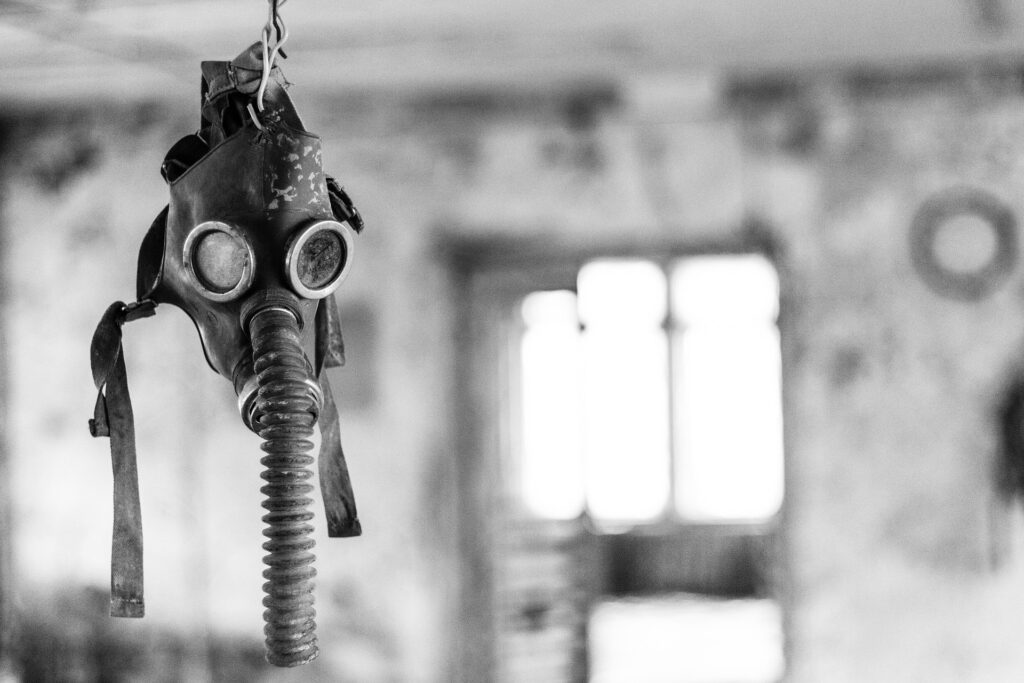
Imagine that chemical and biological surveillance anywhere on earth can be performed automatically, especially in areas where you don´t want to spend time in person, and that data from the investigations can be presented with interpretations of what the data actually mean. It can be detection of new threats like a virus outbreak, pollution och utilization of chemical weapons. The specific goal with this project is to develop fluidic systems that enables our concept with “sample preparation before detection” and event-driven sampling inside robot-based chemical and biological surveillance systems, and thereby reach TRL-level 3 (proof-of-concept). Three different robot fluidics is now being developed: for Erdna (pathogen detection), for Lucia (detection of contamination/invasive species) plus for a robot with working name Rambo that discovers chemical threats. StromTech has in large competition received funding from Vinnova and cooperates with Industridoktorn-connected Miljösus AB and Sensor Visions AB in the project that is underway until summer 2024.
Read more about the robots here!
Alfafuels
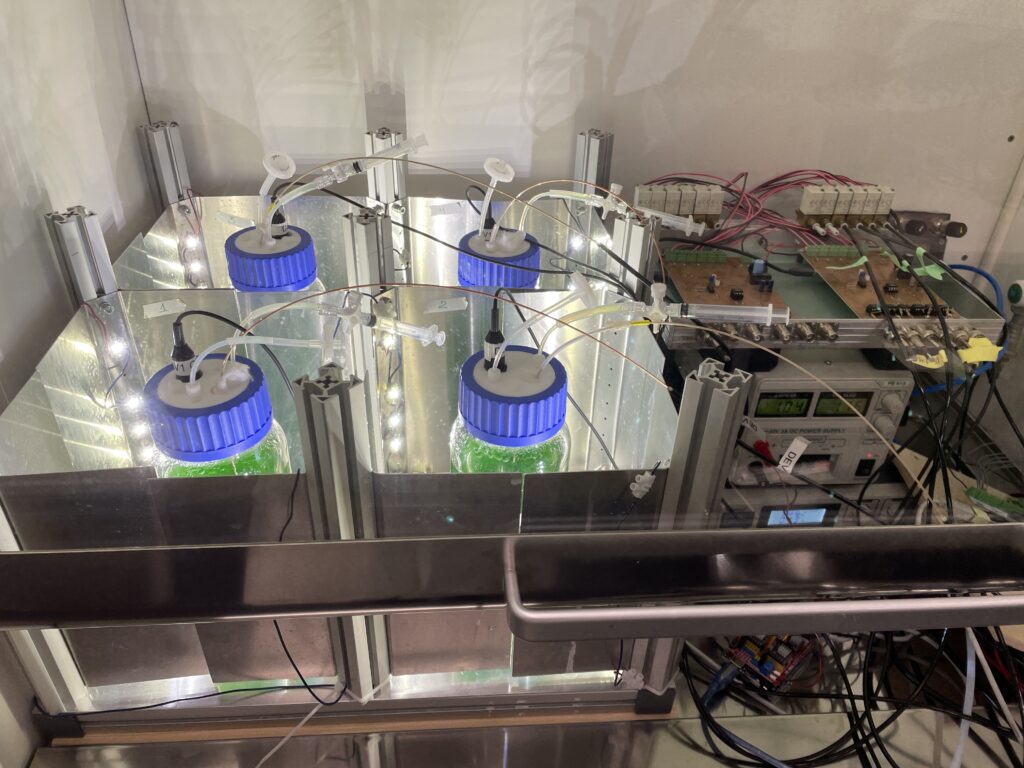
Alfafuels is a European project focussing on isoprene-production from genetically modified cyanobacteria. Industridoktorn participates with analyses of volatile substances (mainly isoprene) and how the product can be captured from the cultivations for subsequent photochemical transformation and utilization as jet fuel in the aviation business. The project is a spin-off from an earlier project with solar jet fuels (see below).
Automated system for monitoring of virus and bacteria
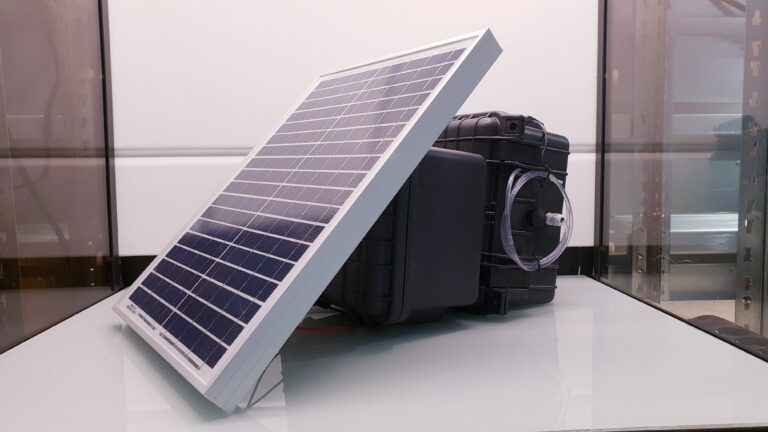
Robots in the service of society for protection during the next pandemic!
During viral- and bacterial outbreaks action must be taken swiftly before an outbreak spreads. A new virus can be detected using PCR technology almost as soon as it has been sequenced, which for example for SARS COV2 was done long before the virus reached Swedish borders during the last pandemic. An automatic monitoring system would thus have allowed to rapidly control the spread of the virus. StromTech has recieved funding from Vinnova (national innovation agency) to build a prototype (TRL 6) of a networked robot which can monitor pathogens in water. The work is performed in collaboration with Industridoktorn partner Miljösus AB. For more information, visit www.stromtech.se
Algae based dye for non-toxic dyeing of fabrics with a low CO2 footprint
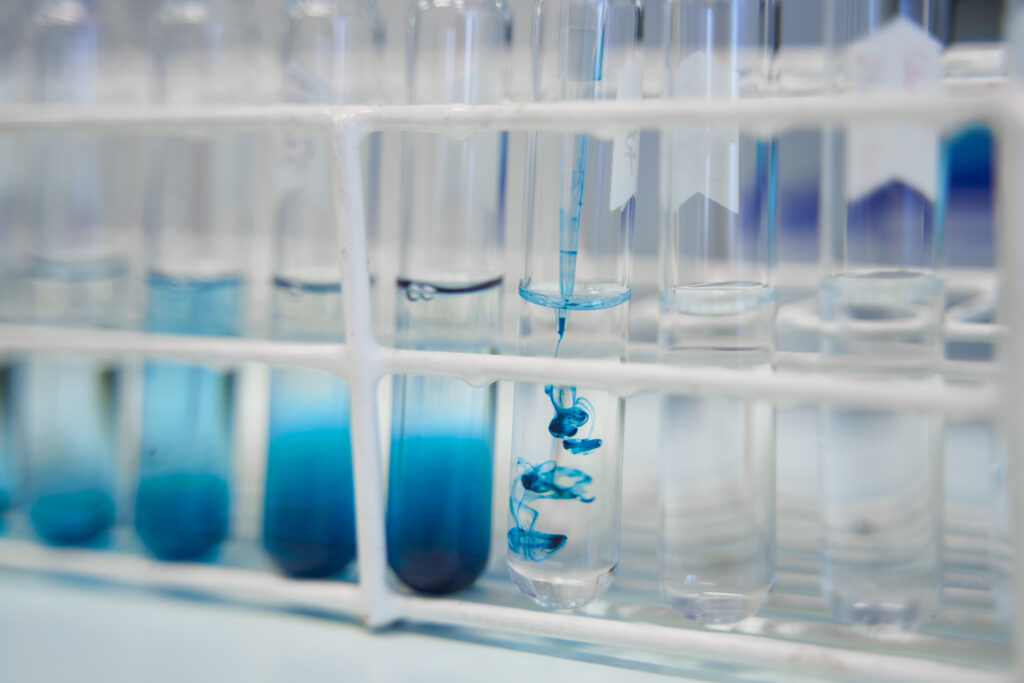
How Mounid wants to solve fabric dyeing in the future
In collaboration with several partners in the textile industry, Industridoktorn (Miljösus AB & StromTech Sweden AB) develops novel non-toxic fabric dyes based on microalgae for Swedish company Mounid (https://www.mounid.se/). Development is funded by Vinnova (national innovation agency). For more information visit Wargön innovations homepage https://wargoninnovation.se/mounid
A combined photobiological and photochemical production platform for sustainable jet fuels from CO2
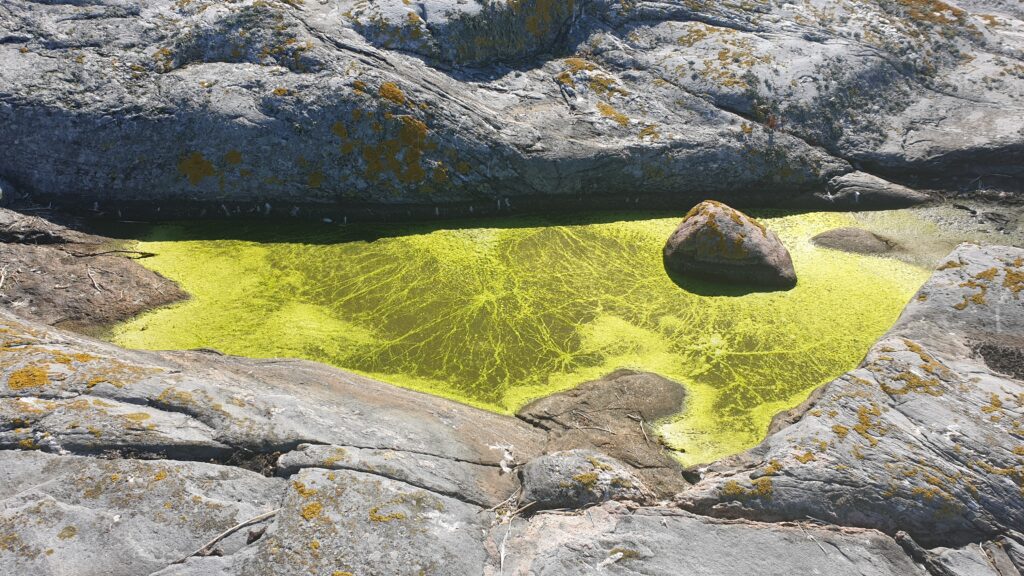
Microalgae or cyanobacteria?
Funded by Energimyndigheten (Swedish Energy Agency) Industridoktorn (AddScience Sweden AB, Miljösus AB and StromTech Sweden AB) will assist in development of a sustainable jet fuel from cyanobacteria. The project is of a fundamental research character and performed in collaboration with Processum and four internationally prominent research groups at Uppsala University (Ångström laboratory) led by Pia Lindberg, Peter Lindblad, Karin Stensjö and Henrik Ottosson. Industridoktorn performs cultivations to evaluate the ability of the cyanobacteria Synechocystis, a common freshwater-cyanobacteria, to tolerate high intensity cultivation with elevated CO2 or flue gas as carbon source.
Competence centre for Marine Materials, CCMM
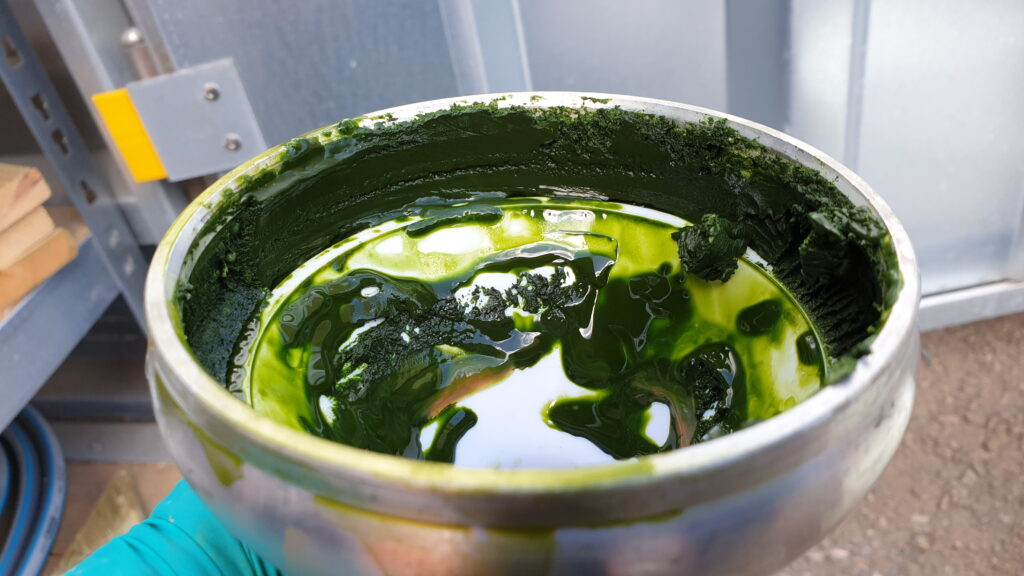
Materials in and from the marine environment
The CCMM vision is sustainable materials in and from our oceans. CCMM will help the industry extend this vision and identify research areas with future potential. CCMM strives to become one of the european “blue labs” which will create “blue careers” in materials science related to the marine environment, with support structure for testing, implementation and upscaling of novel technology in resource intensive industries. The CCMM scope includes research in: Materials for use in the marine environment. Improved and novel materials with biobased raw materials from the oceans. CCMM is coordinated by RISE Research Institutes of Sweden together with a project group consisting of KTH, Innovatum, Göteborg university, Wargön Innovation and Industridoktorn to establish CCMM. Industrial communication on needs and research topics is provided by our 12 industrial partners in CCMM. Funding provided by Vinnova (national innovation agency).
